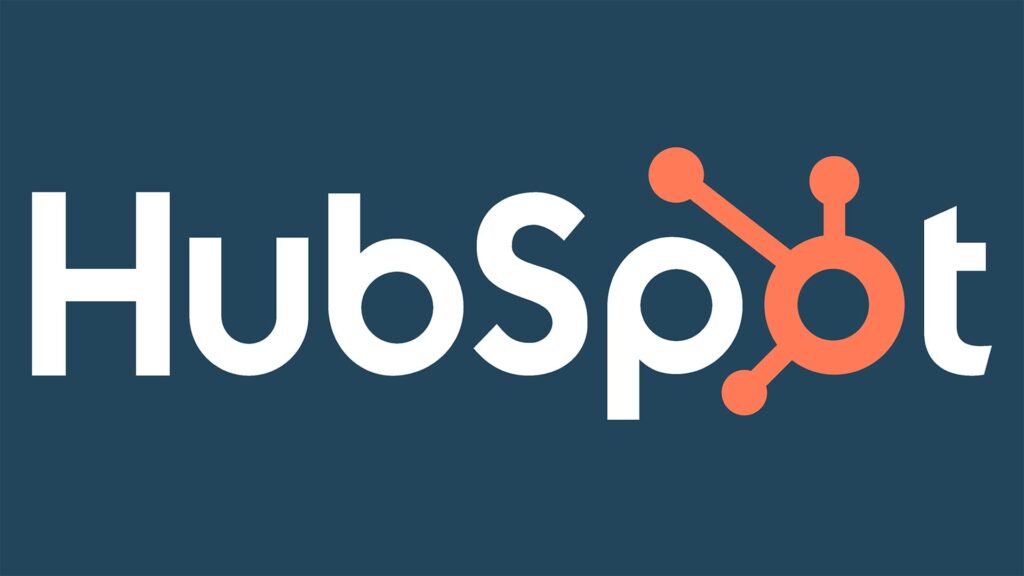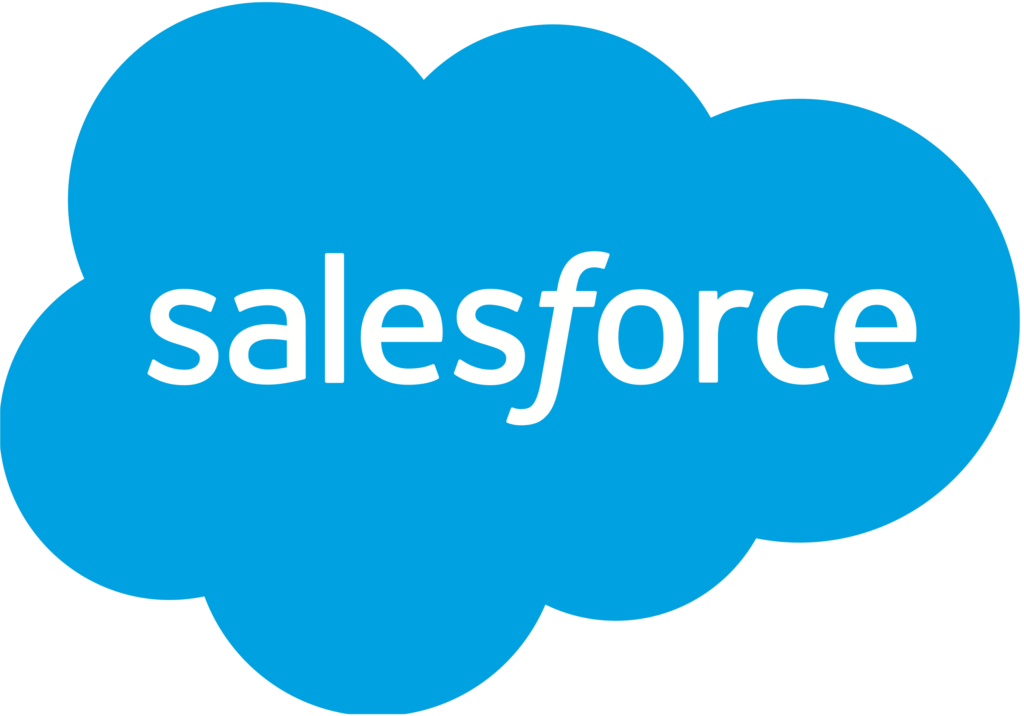CRM for startups: a complete guide and review of best options

Starting a business is a challenging endeavor, and one of the most critical aspects of running a successful startup is to stay organized and maintain strong customer relationships. One tool that can help businesses achieve these goals is a CRM (Customer Relationship Management) system. A CRM tool allows businesses to keep track of customer interactions, monitor sales activities, and manage customer data. But when is the right time for a startup to invest in a CRM tool? In this article, we’ll explore some of the key indicators that suggest it’s time to invest in a CRM system.
When to invest in a CRM for your startup ?
A CRM tool can be a valuable investment for startups looking to manage customer relationships, track sales activities, and scale their businesses. If you’re experiencing growth in your customer base, losing track of customer information, struggling to keep up with customer inquiries, not effectively tracking sales activities, or looking to scale your business, it may be time to consider investing in a CRM tool. By leveraging the benefits of a CRM system, startups can gain a competitive advantage by providing a better customer experience and achieving long-term business success.

You’re experiencing growth in your customer base
One of the clearest signals that it’s time to invest in a CRM tool is when your customer base begins to grow. If you’re starting to see an increase in the number of customers you’re serving, it can become increasingly challenging to keep track of all their information manually. A CRM tool can help automate the process of managing customer data, enabling you to easily track customer interactions and purchase history.
You’re losing track of customer information
As your business grows, it’s natural to find yourself juggling multiple tasks at once. However, as you take on more responsibilities, it can be easy to overlook important customer information, such as contact details or purchase history. This is where a CRM tool can be invaluable, allowing you to organize and track all of your customer data in one place.
You’re struggling to keep up with customer inquiries
As your business grows, you’ll likely receive more and more customer inquiries. It can be challenging to keep up with all of these messages and ensure that each customer receives a timely and personalized response. A CRM tool can help you manage customer inquiries by allowing you to track and organize all customer interactions in one place, making it easier to respond to inquiries and maintain strong customer relationships.
You’re not effectively tracking sales activities
For startups, it’s crucial to stay on top of sales activities and monitor progress towards meeting revenue targets. A CRM tool can help you manage your sales pipeline by allowing you to track deals and sales activities, monitor progress towards sales goals, and identify areas where you need to focus your efforts to close deals.
You’re looking to scale your business
If you’re looking to scale your business and increase your customer base, it’s essential to have a solid foundation in place to manage customer relationships effectively. A CRM tool can help you manage all aspects of customer relationships, from initial contact to ongoing support, ensuring that you’re providing the best possible experience to your customers as you scale your business.
The simplest and cheapest CRM for startups: Notion

Building a simple CRM with Notion can be a straightforward process. By defining the purpose of the CRM, creating a database, customizing views, automating workflows, and collaborating with your team, you can build a CRM that meets your business needs. Notion’s flexibility and ease of use make it a great tool for small businesses and startups looking for a simple CRM solution.
How to use Notion as a CRM
Notion is a powerful tool that can be used to build a simple CRM system. Notion allows users to create databases and tables that can be customized to meet the needs of a variety of use cases, including managing customer relationships.
6 steps to building a simple CRM with Notion
- Define the purpose of the CRM: The first step to building a simple CRM with Notion is to define the purpose of the system. Determine what information you need to collect, and what actions you want to take with that data.
- Create a database: After defining the purpose of the CRM, create a database in Notion. Use the template provided by Notion or start from scratch by creating a new database. Customize the fields based on the information you want to collect, such as customer name, contact information, and purchase history.
- Add properties: Notion databases allow you to add additional properties to each record. Add properties such as tags, status, or custom fields that are specific to your business needs.
- Customize views: Notion allows users to customize the way they view their databases. Create a table view to easily view customer information or a Kanban board to manage customer relationships in a visual way.
- Automate workflows: Notion offers a variety of integrations with other tools such as Zapier, which allows users to automate workflows such as sending emails or creating tasks based on actions in the CRM.
- Collaborate with your team: Notion allows for easy collaboration with team members. Share the CRM database with team members to ensure everyone is on the same page when it comes to customer relationships.
Limitations of Notion as a CRM
Notion is a versatile tool that offers many features to manage customer relationships, but one limitation of the platform is its difficulty integrating with Gmail. Gmail is a widely used email service, and the ability to integrate with it can be essential for businesses to manage customer communication efficiently. Notion offers some integration capabilities, but they may not be as seamless as other CRM tools, making it challenging for businesses to work efficiently.
Notion’s integration with Gmail is not straightforward, as there is no direct integration with Gmail. This means that any communication through Gmail will have to be manually transferred to Notion, which can be time-consuming and error-prone. While there are workarounds such as using Zapier or a third-party integration tool, they may not be as reliable as a direct integration.
Furthermore, Notion’s limited integration capabilities with Gmail can limit its ability to manage customer communication effectively. Without a seamless integration with Gmail, businesses may struggle to track all communication with customers, leading to lost opportunities and suboptimal customer service.
Comparison of top 4 CRM for startups
In this section, we compare Hubspot, Pipedrive, and Salesforce, three popular CRM tools for small companies, taking into account their pros and cons to help small businesses make an informed decision.

Summary of top 4 CRM options: Notion, Hubspot, Pipedrive, Salesforce
| CRM Tool | Pricing (Starting at) | Ease of Implementation | Features |
|---|---|---|---|
| Notion | $4 per user per month | Easy | Limited, but customizable |
| Hubspot | Free plan for up to 1,000 contacts, paid plans starting at $45 per month | Moderate | Wide range of features, including marketing automation, lead management, and customer support |
| Pipedrive | $15 per user per month | Easy | Lead and deal management, sales forecasting, and reporting |
| Salesforce | $25 per user per month | Complex | Comprehensive set of features, including sales, marketing, and customer service automation |
Choosing a CRM tool for a small company depends on several factors, including the business’s needs, budget, and technical expertise. Hubspot is a good choice for small companies looking for a scalable CRM tool with a broad range of marketing and sales features. Pipedrive is a good choice for small companies looking for a simple and effective sales-focused CRM tool. Salesforce is a good choice for small companies that require a high degree of customization and flexibility, although it may be too complex and expensive for some businesses. Ultimately, small companies should carefully evaluate their needs and consider these factors to choose the CRM tool that best meets their requirements.
Hubspot

Hubspot is an all-in-one marketing, sales, and service platform that provides small companies with a broad range of features to manage their customer relationships. One of the key benefits of Hubspot is its scalability, allowing small businesses to start with the features they need and upgrade as they grow. Hubspot provides an easy-to-use dashboard, making it easy to manage leads, track sales progress, and monitor marketing campaigns. Additionally, Hubspot’s marketing automation features allow small companies to create and manage marketing campaigns with ease.
However, Hubspot can be expensive for small companies, with pricing starting at $45 per month. Moreover, Hubspot may have a steep learning curve for its more advanced features, requiring some technical expertise to implement and use effectively.
Pipedrive

Pipedrive is a sales-focused CRM tool that provides small companies with a simple and effective way to manage their sales pipeline. Pipedrive’s pipeline view makes it easy to track deals and sales progress, with customizable fields and drag-and-drop functionality to keep sales teams organized. Pipedrive is known for its simplicity, making it easy for small businesses to get up and running quickly.
However, Pipedrive’s simplicity may also be a drawback for small companies that require more complex features. For example, Pipedrive’s reporting features are limited compared to other CRM tools, and it does not offer as many marketing automation features as Hubspot. Additionally, Pipedrive’s pricing starts at $15 per user per month, which can add up if a small company has a larger sales team.
Salesforce

Salesforce is a comprehensive CRM tool that offers small companies a wide range of features to manage their customer relationships, sales, and marketing efforts. Salesforce is known for its breadth of functionality, making it a good choice for small companies that require a high degree of customization and flexibility. Salesforce offers advanced features such as artificial intelligence (AI) to help businesses make data-driven decisions.
However, Salesforce can be complex to set up and use, requiring some technical expertise to implement effectively. Additionally, Salesforce is the most expensive option, with pricing starting at $25 per user per month, making it less accessible for small companies on a tight budget.
Tips: combine smart marketing tools with your sales funnel
There are hundreds of amazing tools out there that you can combine with your CRM. Ensure you have a CRM that allow API connections with them and you will be able to develop a super efficient marketing pipeline. These include Waalaxy and Linkedin Sales Navigator. You will find a complete review and guide of Waalaxy and alternatives here.




